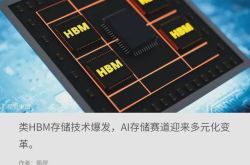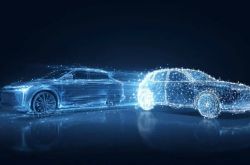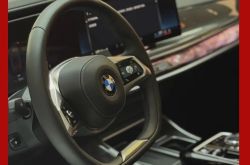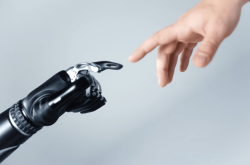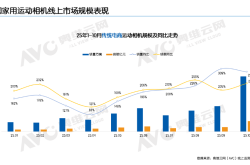Electric Vehicles: Prone to Damage, with Hefty Repair Bills
![]() 11/20 2025
11/20 2025
![]() 538
538
According to CCTV, electric vehicles (EVs) are not only susceptible to major collisions but also minor scratches, as even slight impacts can result in repair costs soaring to as high as 200,000 yuan. The report highlights that minor scratches on EVs can incur repair fees amounting to tens of thousands of yuan, and in severe cases, these costs can approach or even exceed the price of a brand-new car. This situation has left insurance companies in a bind, forcing them to continuously hike premiums. Consequently, the insurance costs for EVs now far outstrip those of traditional fuel-powered vehicles.
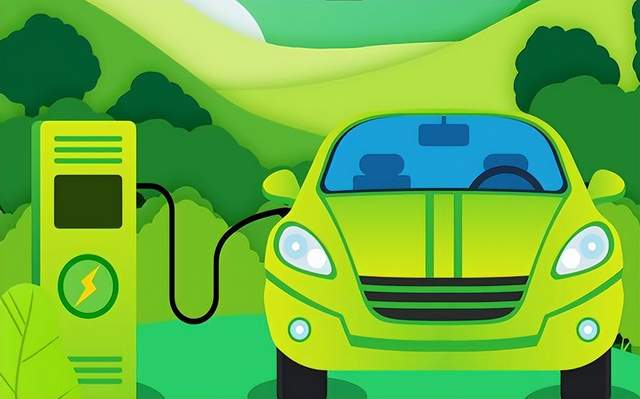
The root cause of this phenomenon lies in the inherent characteristics of EVs. These vehicles heavily rely on advanced technology, with radar, cameras, and other equipment strategically placed around the vehicle body. A multitude of chips are employed to manage the vehicle's components and collect data. It's reported that while traditional fuel-powered cars utilize around 300 chips, EVs can incorporate up to a thousand, many of which are quite expensive.
The battery stands as the most significant cost component of an EV, accounting for roughly 60% of the total vehicle cost. However, the battery is positioned beneath the chassis, an area highly vulnerable to impacts from stones kicked up by the road or speed bumps. A mere scratch on the battery pack can lead to exorbitant repair costs. Some EV owners have reported being advised by 4S dealerships to replace the entire battery, at a cost of tens of thousands of yuan, due to a tiny 1-millimeter dent in the chassis.
Moreover, the cabins of modern EVs frequently adopt integrated die-cast parts, a move that substantially reduces production costs and enhances safety. Traditional car production methods may take several hours to manufacture a cabin, whereas integrated die-casting technology can cut this time down to just a few minutes. Naturally, EV manufacturers favor this production approach.
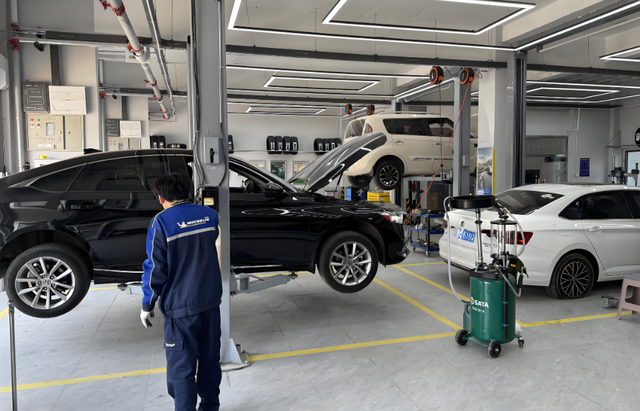
However, this design also poses challenges. Once a collision occurs and the cabin is deformed, repairs become exceedingly difficult and may even necessitate returning the vehicle to the factory. Furthermore, the deformation of the cabin can compromise the safety of the battery pack, leading to even higher repair costs. Some EV owners have shared their frustration after being quoted 200,000 yuan by 4S dealerships for repairs following a low-speed rear-end collision with a three-wheeled electric vehicle on an ordinary road.
Additionally, EV manufacturers often compel owners to have all repairs and maintenance carried out at 4S dealerships by bundling rights and interests. This even extends to tire replacements. Consequently, repair costs have skyrocketed. Some EV owners have reported that the cost of replacing tires at a 4S dealership is at least 50% higher than purchasing the same tires from an e-commerce platform and having them replaced at a third-party repair shop, not to mention the costs associated with more extensive repairs.
In response to this issue, industry experts have noted that it may be linked to automakers significantly reducing car prices in recent years and attempting to recoup profits through vehicle repairs and maintenance. After all, the automotive industry has witnessed an exceptionally fierce price war in recent years, driving profit margins below 4%. Meanwhile, vehicle repairs and maintenance offer substantial profit margins, prompting automakers to bind owners to their services. Due to automakers' monopolies on repairs, Australia has previously imposed hefty fines on several Chinese automakers.
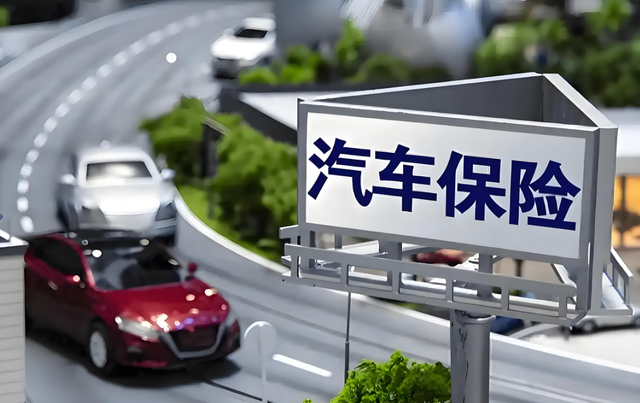
Of course, most of these repair costs are covered by insurance, relieving owners of direct financial burdens. Nevertheless, insurance premiums have surged. An analysis of auto insurance in 2024 revealed that insurance premiums for EVs are generally more than 20% higher than those for fuel-powered cars. Since the beginning of this year, insurance premiums for EVs have further increased, leading to widespread complaints among owners.
Faced with the continuous rise in insurance premiums, some automakers have ventured into establishing their own insurance businesses to assist owners with insurance issues. However, the 2024 performance results released by an automaker's insurance company indicated that its insurance business was also incurring losses, highlighting the challenges faced by the EV insurance sector. This, in turn, has further prompted insurance companies to continuously raise premiums.

